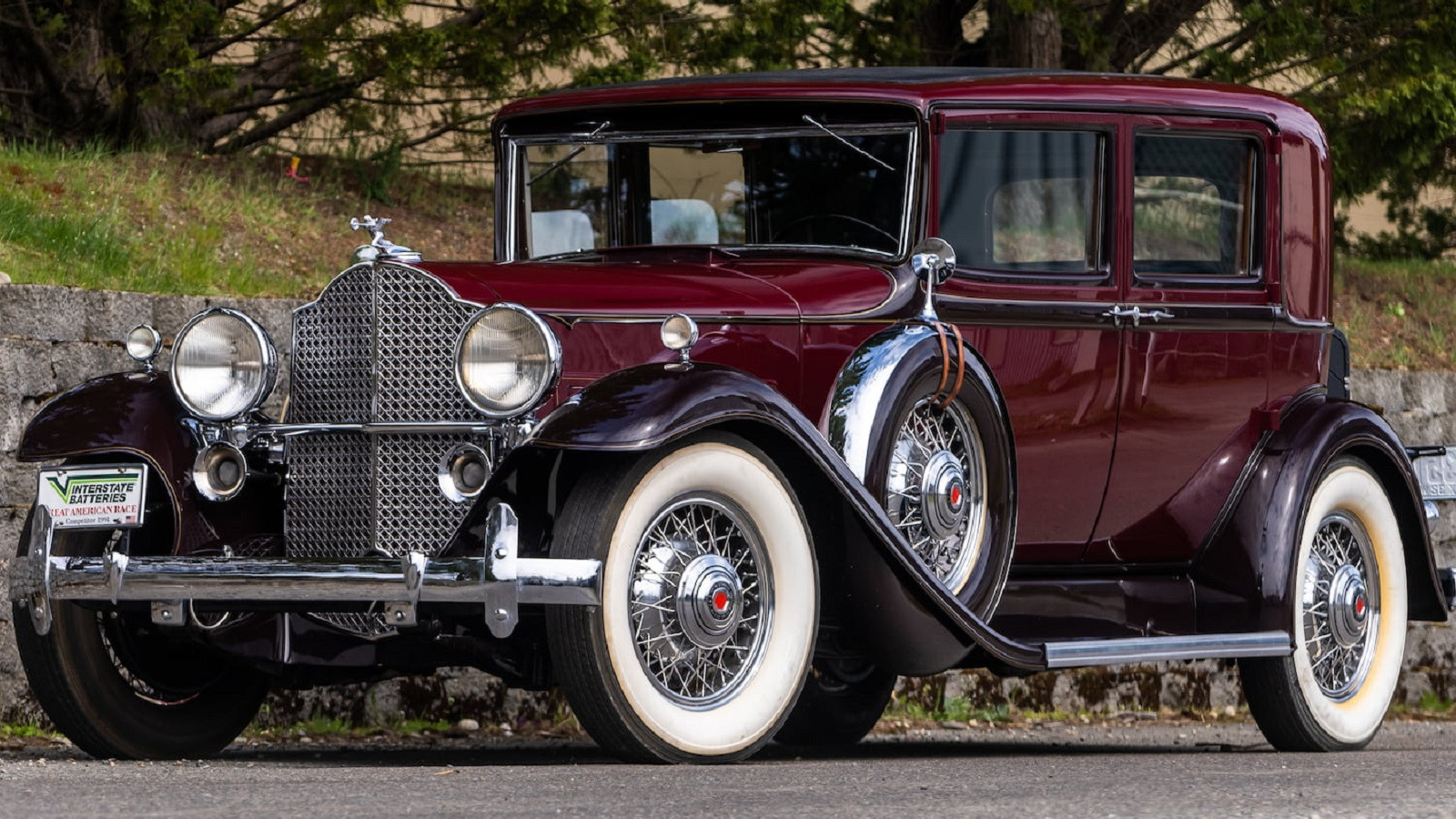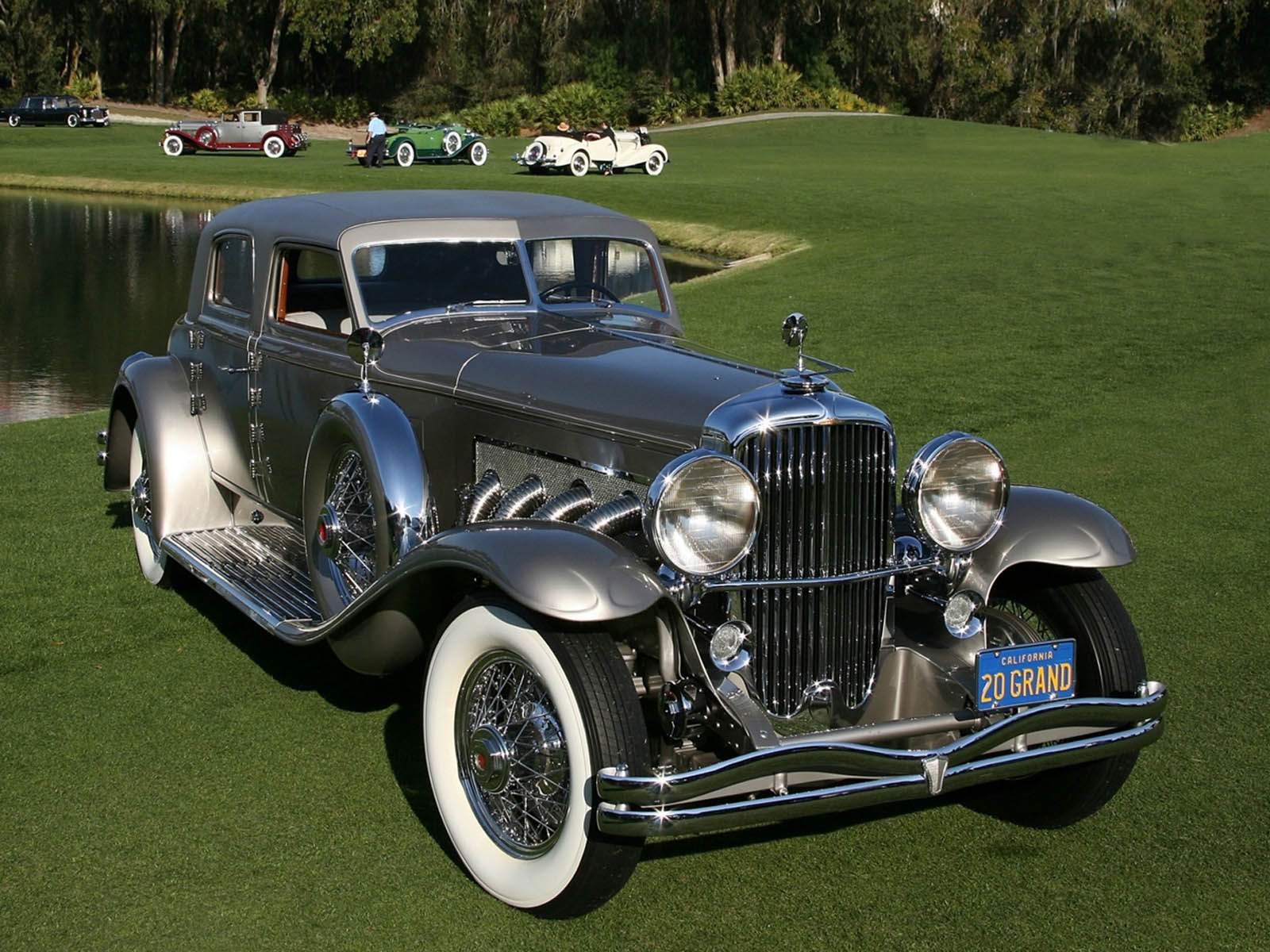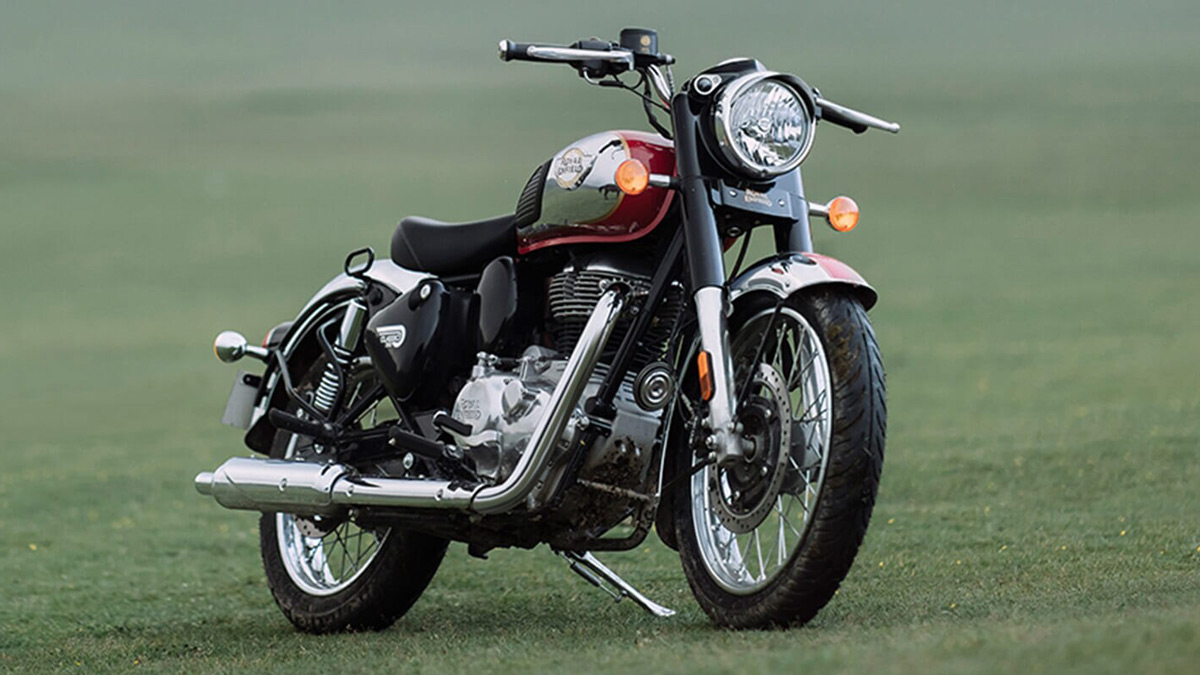Classic Ford Pickup Trucks For Sale Online: A Comprehensive Buyer’s Guide pickup.truckstrend.com
The rumble of a V8, the unmistakable lines of steel, and the nostalgic whiff of an era gone by – classic Ford pickup trucks hold a unique allure. More than just vehicles, they are rolling pieces of Americana, embodying durability, utility, and timeless design. In an increasingly digital world, the quest for these automotive treasures has largely moved online, offering unparalleled access to a global inventory. However, navigating the vast online marketplace requires knowledge, caution, and a strategic approach.
This comprehensive guide is designed to equip you with the insights needed to confidently explore the world of classic Ford pickup trucks for sale online, transforming a potentially daunting search into an exciting and rewarding journey.
Classic Ford Pickup Trucks For Sale Online: A Comprehensive Buyer’s Guide
The Enduring Appeal of Classic Ford Pickups
Why do these vintage workhorses continue to captivate enthusiasts and collectors alike? The reasons are multifaceted:
- Timeless Design: From the rounded "Bonus-Built" F-1s of the late 40s and early 50s, through the iconic "Effie" F-100s of the mid-50s, to the rugged "Bumpside" (1967-1972) and "Dentside" (1973-1979) F-Series trucks, Ford’s designs are instantly recognizable and aesthetically pleasing. They exude a robust charm that modern vehicles often lack.
- Durability and Simplicity: Built during an era when vehicles were designed to be repaired, not replaced, classic Fords are renowned for their robust construction and straightforward mechanicals. This makes them relatively easier and more affordable to maintain and restore for the average enthusiast.
- Customization Potential: Their simple platforms are a blank canvas for customization. From mild upgrades to full restomods with modern powertrains and suspensions, classic Ford trucks lend themselves perfectly to personalization, allowing owners to create unique vehicles.
- Historical Significance: These trucks played a pivotal role in shaping American industry, agriculture, and daily life. Owning one is owning a piece of history.
- Investment Value: While not every classic Ford will skyrocket in value, well-maintained or expertly restored examples, particularly popular models, often appreciate over time, making them a tangible asset.
- Nostalgia: For many, these trucks evoke fond memories of family, simpler times, or a connection to a past generation.

Navigating the Online Marketplace: Where to Look
The internet offers a plethora of platforms where classic Ford pickups are bought and sold. Knowing where to focus your search can save you time and increase your chances of finding the right truck.
-
Dedicated Classic Car/Truck Websites:
- Hemmings.com: A long-standing authority in the classic car world, offering a vast array of vehicles, from concourse-ready show trucks to project vehicles. Listings are typically detailed and cater to serious buyers.
- ClassicCars.com: Another major player with a comprehensive database of classic vehicles, often featuring high-quality photos and detailed descriptions.
- Bring a Trailer (BaT): Known for its auction format and curated, high-quality listings. BaT often features impeccably restored or well-preserved examples, and the community comments provide valuable insights.
- Mecum Auctions (Online Bidding): While primarily known for live auctions, Mecum also offers online bidding, allowing you to participate in major sales from home.
- Streetside Classics, Gateway Classic Cars, Volo Auto Museum: These are large classic car dealerships that maintain extensive online inventories, often with professional photography and detailed descriptions.

-
General Automotive Marketplaces with Classic Sections:
- eBay Motors: A massive platform where you can find everything from barn finds to fully restored trucks. Be prepared to sift through many listings, and always exercise due diligence.
- Autotrader Classics: A specialized section of the popular Autotrader site, focusing exclusively on vintage vehicles.
-
Social Media and Forums:
- Facebook Marketplace & Dedicated Facebook Groups: Numerous groups exist for specific Ford truck generations (e.g., "1967-1972 Ford F100 Owners," "Dentside F-Series") where members buy, sell, and trade. These can be excellent for finding local deals or trucks from passionate owners.
- Online Forums (e.g., FTE (Ford-Trucks.com) Forums, F100 Forum): Many forums have "For Sale" sections where members list their vehicles. This often provides a deeper level of community and trust, and you can leverage the knowledge of experienced members.

Preparing for Your Online Search: Key Considerations
Before diving into listings, a little self-reflection and research will streamline your search and prevent costly mistakes.
- Define Your Budget: Be realistic. Your budget should encompass not just the purchase price, but also potential restoration costs, shipping, insurance, and any immediate maintenance. A project truck might be cheaper upfront but can quickly consume funds.
- Determine Your Purpose:
- Daily Driver: Requires a truck in excellent mechanical condition, possibly with modern upgrades (power steering, disc brakes, AC) for comfort and safety.
- Show Truck: Demands near-perfect aesthetics and often a significant investment in restoration.
- Weekend Cruiser/Driver: A good balance, roadworthy but might have minor cosmetic flaws.
- Restoration Project: For the hands-on enthusiast, requiring significant time, skill, and financial commitment.
- Parts Truck: For salvaging components, usually very low cost.
- Research Specific Models/Generations: Familiarize yourself with the common issues, unique features, and production variations of the Ford truck generation you’re interested in. For example, the 1953-1956 F-100s are highly sought after but can command premium prices. The 1961-1963 "Unibody" trucks are rarer and have a distinct design. Understanding these nuances will help you identify value and potential pitfalls.
- Understand Different Conditions (and their implications):
- Concours/Show Quality: Pristine, museum-quality. Expect top dollar.
- Excellent Driver: Well-maintained, roadworthy, minor flaws. Good for regular use.
- Good Driver: Functional, but might have noticeable wear and tear, some rust.
- Project: Needs significant mechanical, body, or interior work. Priced accordingly.
- Parts Donor: Essentially a salvage vehicle.
The Online Inspection Process: What to Scrutinize
Since you can’t physically touch the truck, a thorough online "inspection" is paramount.
- Demand High-Quality Photos and Videos: More is always better. Insist on:
- All Angles: Exterior, interior, engine bay, undercarriage, bed, and tailgate.
- Close-ups: Rust-prone areas (cab corners, floor pans, fender wells, rocker panels, bed seams), chrome trim, badges, tire condition, paint imperfections, dashboard, seats, headliner.
- Specific Areas of Concern: If you have known issues for a particular model, ask for detailed photos of those spots.
- Cold Start Video: Listen for engine knocks, smoke, or unusual sounds.
- Walk-around Video: A continuous shot showing the entire vehicle.
- Read the Description Carefully: Look for details on:
- Specifications: Engine type, transmission, mileage (often "exempt" for older vehicles, so verify if possible), modifications.
- Known Issues: Honest sellers will disclose problems.
- Service History: Any records available?
- Ownership History: How many owners?
- Title Status: Clear title is crucial.
- VIN Verification: While older VINs are less standardized and digital records are sparse, always verify the VIN provided matches photos and any documentation.
- Ask Probing Questions: Don’t be shy. Prepare a list of questions:
- "Where is the rust, specifically?" (Ask for photos if they don’t provide them).
- "Does the engine smoke or leak fluids?"
- "How does the transmission shift? Any grinding or slipping?"
- "Do all gauges and lights work?"
- "Has it been painted? If so, when and what kind of prep work was done?"
- "Are there any electrical issues?"
- "What’s the condition of the tires and brakes?"
- "Why are you selling it?" (Can reveal a lot).
- "Are there any missing parts or trim?"
- "Do you have the original owner’s manual or service records?"
- Request a Pre-Purchase Inspection (PPI): This is arguably the most crucial step for any significant online classic vehicle purchase. Hire a qualified, independent mechanic or classic car specialist in the seller’s area to thoroughly inspect the truck. This impartial assessment can save you thousands by uncovering hidden issues. Websites like Lemon Squad or independent classic car inspectors can facilitate this.
Making the Purchase: Offers, Payment, and Shipping
Once you’ve found the right truck and completed your due diligence, it’s time to close the deal.
- Negotiation: Be prepared to negotiate. Most sellers have some wiggle room, especially if you’re paying cash or can close quickly. Refer to market values and your PPI report.
- Payment Methods:
- Escrow Services: Recommended for large online transactions, as they hold funds until both buyer and seller are satisfied with the terms.
- Wire Transfer: Common for large sums, but irreversible. Verify recipient details meticulously.
- Certified Bank Check: Generally safe, but confirm authenticity with the issuing bank.
- Avoid: Personal checks, Western Union, or cash apps for large sums.
- Title Transfer: Ensure the seller has a clear, transferable title in their name. Understand your state’s requirements for transferring classic vehicle titles.
- Shipping Logistics: Arrange for professional vehicle transport. Enclosed transport is recommended for valuable classics to protect them from weather and road debris. Get multiple quotes from reputable auto transport companies and ensure they are insured. Factor shipping costs into your budget.
Common Challenges and Solutions
Buying a classic online isn’t without its hurdles, but awareness can help you navigate them.
- Misrepresentation: The truck looks better in photos than in person.
- Solution: High-resolution photos/videos from seller, and most importantly, a professional PPI.
- Hidden Rust/Mechanical Issues: Rust can be expertly concealed, and mechanical problems might only surface after driving.
- Solution: PPI is vital. Ask for specific photos of common rust areas (underneath, inner fenders, cab mounts).
- Fraud/Scams: Deals that seem too good to be true often are. Requests for unusual payment methods or pressure to act quickly are red flags.
- Solution: Stick to reputable platforms, use secure payment methods like escrow, and trust your gut.
- Logistics: Coordinating payment, title transfer, and shipping can be complex.
- Solution: Plan ahead, communicate clearly with the seller, and use professional services where needed.
- Parts Availability: While generally good for classic Fords, specific trim pieces or unique components can be hard to find.
- Solution: Research parts availability for your desired model beforehand. Join owner forums for advice on sourcing.
Classic Ford Pickup Trucks: Estimated Price Ranges (Online Market)
Prices for classic Ford pickup trucks vary wildly based on year, model, condition, originality, and modifications. The table below provides estimated ranges to give you a general idea, but always conduct thorough market research for specific models and conditions. These are NOT definitive prices but rather a guide for online transactions.
| Generation/Model | Typical Year Range | Condition: Project/Parts ($) | Condition: Driver Quality ($) | Condition: Show Quality/Restomod ($) | Notes |
|---|---|---|---|---|---|
| F-1/Bonus Built | 1948-1952 | $5,000 – $15,000 | $15,000 – $35,000 | $40,000 – $80,000+ | Iconic styling, popular for hot rodding. Earlier years often command less. |
| F-100 (2nd Gen) | 1953-1956 | $8,000 – $20,000 | $25,000 – $50,000 | $55,000 – $100,000+ | Highly desirable "Effie" body style. Values can be very high for pristine examples. |
| F-100 (3rd Gen) | 1957-1960 | $4,000 – $12,000 | $12,000 – $30,000 | $35,000 – $70,000+ | More angular design, less sought-after than ’53-56, but still popular. |
| F-100 (4th Gen) | 1961-1966 | $4,000 – $15,000 | $15,000 – $35,000 | $40,000 – $85,000+ | Includes the distinct "Unibody" (1961-63) and conventional cabs. Unibodies can be niche collectors. |
| F-Series (5th Gen – "Bumpside") | 1967-1972 | $5,000 – $18,000 | $18,000 – $45,000 | $50,000 – $100,000+ | Extremely popular, rugged, and good parts availability. High demand drives prices. |
| F-Series (6th Gen – "Dentside") | 1973-1979 | $4,000 – $15,000 | $15,000 – $40,000 | $45,000 – $90,000+ | Also very popular, slightly more modern feel. Great for restomods due to more available space. |
| Bronco (Early Gen) | 1966-1977 | $10,000 – $30,000 | $35,000 – $70,000 | $80,000 – $150,000+ | While not strictly a "pickup," its popularity and platform similarities make it relevant. Higher values. |
Note: Prices are highly dynamic and subject to change based on market trends, originality, engine/transmission options, geographic location, and specific features (e.g., 4×4 vs. 2WD, rare trim levels).
Frequently Asked Questions (FAQ)
Q1: What’s the "best" year for a classic Ford pickup?
A1: This is subjective! The 1953-1956 F-100s ("Effies") are iconic and highly sought after. The 1967-1972 ("Bumpside") and 1973-1979 ("Dentside") F-Series are also immensely popular for their rugged looks, relative abundance, and ease of modification. "Best" depends on your aesthetic preference, budget, and intended use.
Q2: How much does it cost to restore a classic Ford truck?
A2: Restoration costs vary wildly. A full, professional, frame-off restoration can easily cost $50,000 to $100,000+, sometimes exceeding the truck’s value. A "driver quality" restoration might range from $15,000 to $40,000 depending on the starting condition and what you do yourself. Always budget more than you expect.
Q3: Are parts readily available for classic Ford trucks?
A3: Generally, yes! Due to their popularity, there’s a thriving aftermarket for most mechanical and many body parts for classic Fords. Reproduction parts are common. However, specific trim pieces, rare options, or New Old Stock (NOS) parts can be challenging and expensive to find.
Q4: Is buying a classic truck online safe?
A4: It can be, but only if you exercise extreme caution and due diligence. The biggest risks are misrepresentation and fraud. Mitigate these by demanding extensive documentation, high-quality photos/videos, and, most importantly, a pre-purchase inspection (PPI) by an independent mechanic. Use secure payment methods like escrow.
Q5: What’s the difference between a "Bumpside" and a "Dentside" Ford truck?
A5: These are nicknames for different generations. The "Bumpside" refers to the 1967-1972 F-Series, characterized by a prominent body line running along the side, giving it a "bump" look. The "Dentside" refers to the 1973-1979 F-Series, which has a recessed or "dent" like body line along the side. Both are very popular for their distinct styling.
Q6: Can a classic Ford pickup be a reliable daily driver?
A6: Yes, but often with significant upgrades. While mechanically simple, original systems (drum brakes, manual steering, carburetors, no AC) can be challenging for modern driving. Many owners perform "restomods" by adding modern engines (e.g., Coyote V8), transmissions, power steering, disc brakes, and air conditioning to improve reliability, comfort, and safety for daily use.
Conclusion
The journey to finding your classic Ford pickup truck online is an exciting adventure, full of potential. From the rugged utility of a "Dentside" to the iconic charm of an "Effie," these trucks represent a piece of automotive history that continues to capture hearts. By approaching the online marketplace with a clear understanding of your needs, thorough research, meticulous online inspection, and the critical step of a pre-purchase inspection, you can navigate the virtual landscape with confidence.
Patience and diligence are your best allies. With the right approach, you’ll not only find the classic Ford truck of your dreams but also embark on a rewarding journey of ownership, preservation, and countless miles of smiles. Happy hunting!
